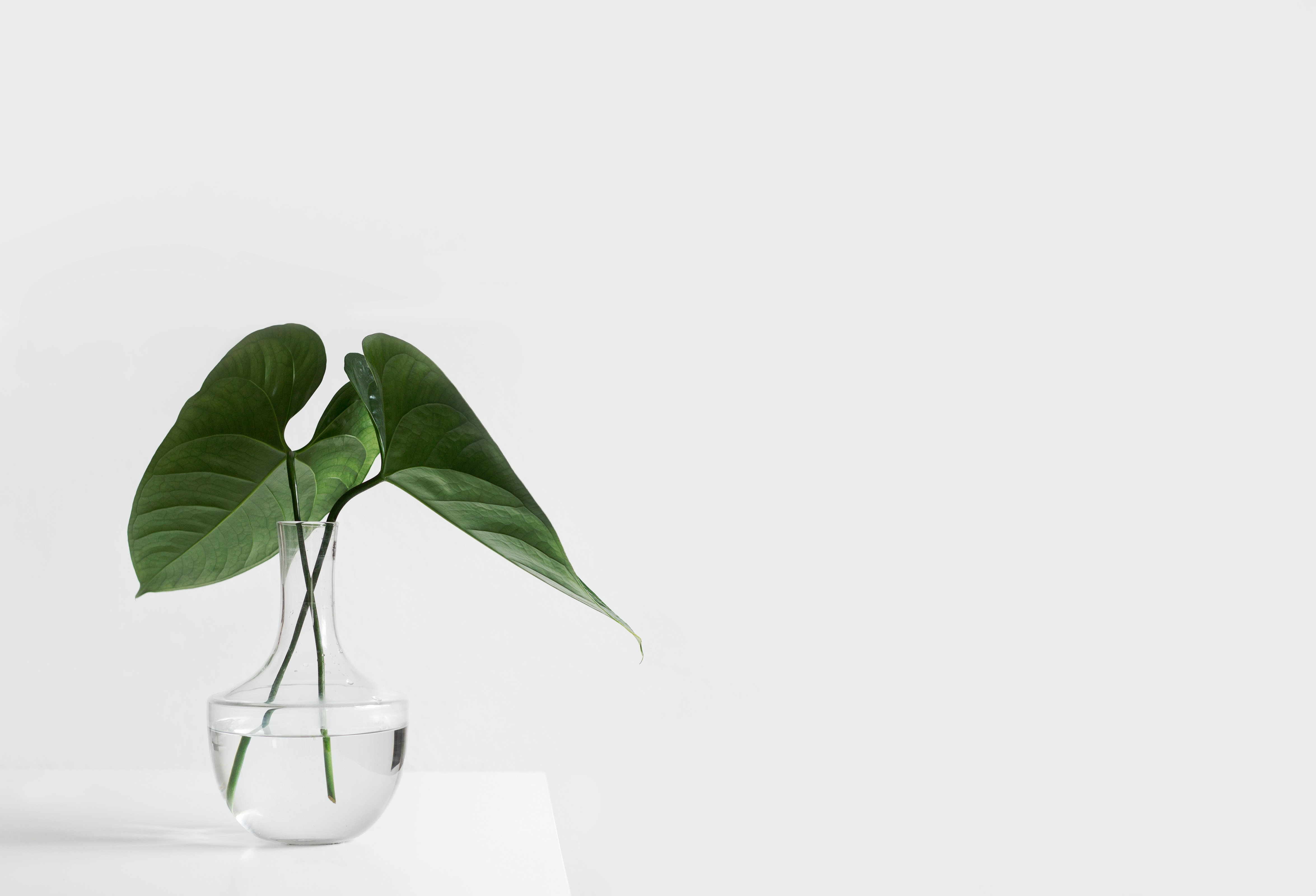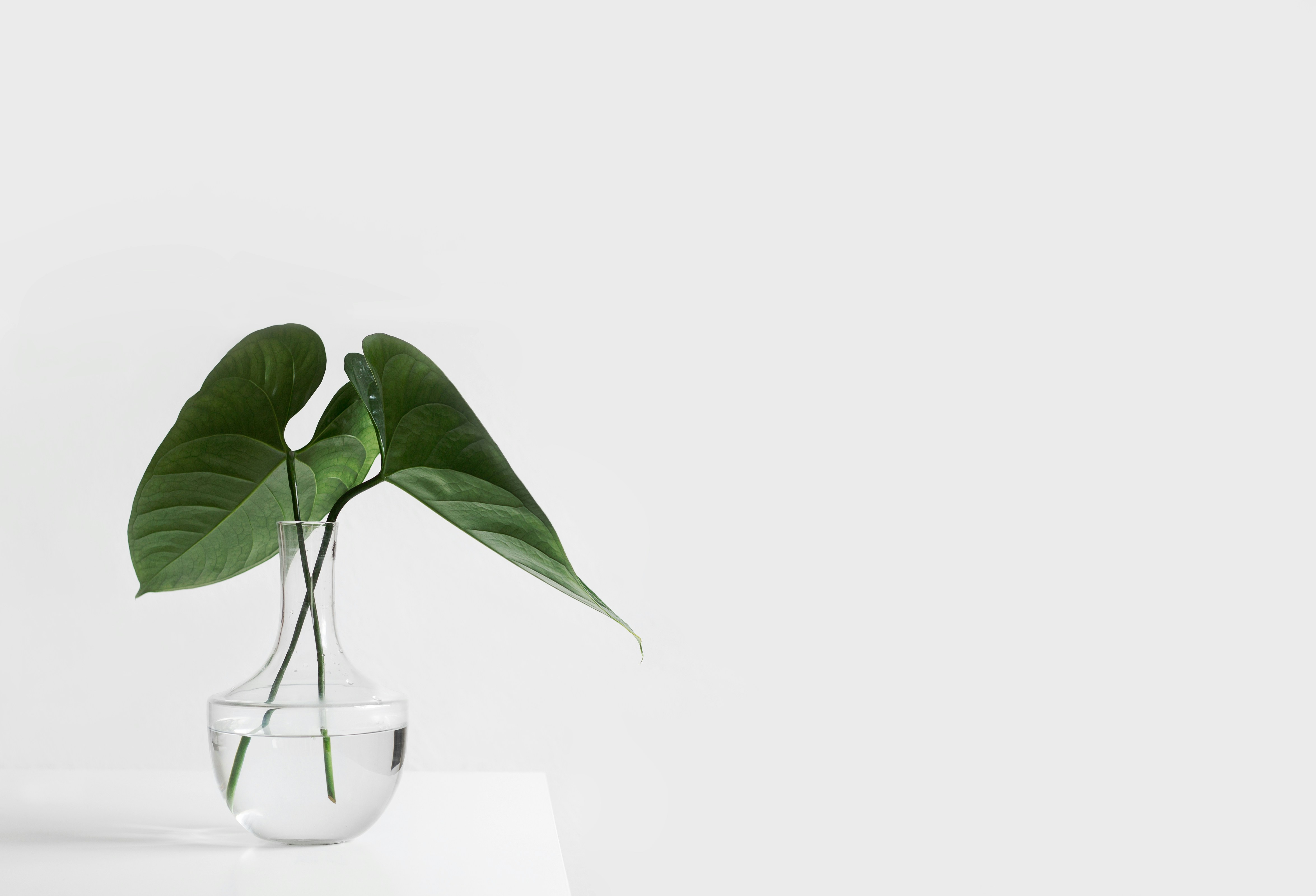The Joy of Minimalism: Simplify Your Life, Amplify Your Happiness
Have you ever felt overwhelmed by the clutter in your life? The constant accumulation of stuff, both physical and mental, can weigh us down and rob us of our joy. That’s where minimalism comes in. Minimalism is not just about getting rid of things; it’s a mindset, a way of life that can bring immense happiness and freedom. In this blog post, we will explore the joy of minimalism and how simplifying your life can amplify your happiness.
Living in a consumer-driven society, we are bombarded with advertisements, social media posts, and societal pressures to buy more and have more. We are led to believe that the key to happiness lies in material possessions and the accumulation of wealth. However, minimalism challenges this notion and encourages us to question our consumerist habits.
By embracing minimalism, we learn to prioritize experiences over possessions. We realize that true happiness does not come from owning the latest gadgets or having a closet full of designer clothes. Instead, it comes from living a life filled with purpose and meaning. When we simplify our lives and let go of the excess, we create space for what truly matters to us.
Minimalism is not just about decluttering our physical spaces; it also involves decluttering our minds. We are constantly bombarded with information and distractions, which can leave us feeling overwhelmed and anxious. By practicing minimalism, we can cultivate a sense of calm and clarity in our minds.
One of the key principles of minimalism is intentional living. It’s about being mindful of our choices and consciously deciding what adds value to our lives. This means saying no to things that don’t align with our values and priorities. By doing so, we can focus our time and energy on the things that truly bring us joy and fulfillment.
Minimalism also encourages us to live more sustainably. In a world facing environmental challenges, reducing our consumption and waste is crucial. By adopting a minimalist lifestyle, we can minimize our carbon footprint and contribute to a more sustainable future.
So, how can you start embracing minimalism in your own life? It starts with taking small steps. Begin by decluttering your physical space, getting rid of items that no longer serve a purpose or bring you joy. Then, move on to decluttering your digital space, unsubscribing from unnecessary newsletters and deleting unused apps.
Next, evaluate your commitments and obligations. Are there activities or relationships that drain your energy and bring you more stress than joy? Consider letting go of them or setting boundaries to protect your time and well-being.
Finally, practice gratitude and contentment. Instead of constantly chasing after the next big thing, learn to appreciate and be grateful for what you already have. Cultivate a sense of contentment with where you are in life, knowing that true happiness does not come from external possessions, but from within.
In conclusion, minimalism is a powerful tool that can help us simplify our lives and amplify our happiness. By letting go of the excess and embracing intentional living, we can create space for what truly matters to us. So, why not start your minimalist journey today and experience the joy and freedom it brings?
When it comes to physical possessions, minimalism encourages individuals to declutter their living spaces and only keep items that are truly necessary or bring them joy. This means letting go of things that are no longer useful or meaningful, and resisting the urge to accumulate more stuff. By doing so, minimalists create a more organized and peaceful environment that promotes clarity and reduces stress.
Minimalism also extends to relationships, as it encourages individuals to evaluate the people they surround themselves with. This doesn’t mean cutting off all connections, but rather being mindful of the quality of relationships and investing time and energy in those that are mutually beneficial and supportive. By focusing on meaningful connections, minimalists can cultivate deeper and more fulfilling relationships.
In addition to physical possessions and relationships, minimalism also addresses commitments. Many people find themselves overwhelmed with numerous obligations and responsibilities, often leading to burnout and a lack of fulfillment. Minimalism teaches individuals to be more intentional with their commitments, saying no to things that don’t align with their values or priorities. This allows them to focus on what truly matters and allocate their time and energy more effectively.
Furthermore, minimalism recognizes the impact of digital clutter on our lives. In today’s hyperconnected world, we are constantly bombarded with information, notifications, and distractions. Minimalists advocate for a more mindful and intentional use of technology, decluttering their digital spaces by unsubscribing from unnecessary emails, deleting unused apps, and setting boundaries for screen time. By reducing digital clutter, minimalists create a healthier and more focused relationship with technology.
Overall, minimalism is a lifestyle that promotes simplicity, mindfulness, and intentionality. It encourages individuals to evaluate their lives and make conscious choices that align with their values and priorities. By living with less and focusing on what truly matters, minimalists can experience a greater sense of contentment, fulfillment, and freedom.
5. Improved Mental Clarity
One of the greatest benefits of minimalism is the improvement in mental clarity. When you eliminate the excess and simplify your life, you create space for clear thinking and decision-making. Minimalism helps you to let go of mental clutter, such as negative thoughts and worries, allowing you to focus on the present moment and make choices that align with your values and goals.
6. Environmental Sustainability
Living a minimalist lifestyle also contributes to environmental sustainability. By consuming less and being mindful of your carbon footprint, you can reduce waste and minimize your impact on the planet. Minimalism encourages you to choose sustainable and eco-friendly products, as well as to repurpose and recycle items whenever possible. By embracing minimalism, you can play your part in preserving the environment for future generations.
7. Increased Happiness
Ultimately, minimalism can lead to increased happiness and contentment. By focusing on what truly matters to you and eliminating distractions, you can create a life that is aligned with your values and brings you joy. Minimalism encourages gratitude and appreciation for the simple pleasures in life, fostering a sense of fulfillment and overall well-being.
In conclusion, embracing minimalism offers a wide range of benefits that can positively impact various aspects of your life. From reducing stress and increasing focus to improving relationships and achieving financial freedom, minimalism provides a pathway to a more intentional and fulfilling life. By simplifying your physical space, decluttering your mind, and prioritizing what truly matters, you can experience the transformative power of minimalism firsthand.
5. Streamline Your Finances
Another important aspect of embracing minimalism is simplifying your finances. Take a close look at your expenses and identify areas where you can cut back. Consider downsizing your living space or selling unnecessary items to reduce your financial burden. Automate your bill payments and create a budget to ensure that your money is being used intentionally and in alignment with your values.
6. Cultivate Mindfulness
Mindfulness is a key component of minimalism. By practicing mindfulness, you can become more aware of your thoughts, emotions, and actions. This awareness allows you to make intentional choices and avoid mindless consumption or accumulation of unnecessary things. Incorporate mindfulness practices such as meditation, journaling, or simply taking a few moments each day to pause and reflect.
7. Focus on Experiences, Not Things
In a minimalist lifestyle, the emphasis is on experiences rather than material possessions. Instead of spending money on buying things, invest in experiences that bring you joy and fulfillment. Travel, explore new hobbies, or spend quality time with loved ones. These experiences will create lasting memories and enrich your life in ways that material possessions cannot.
8. Surround Yourself with Inspiring Influences
Take a look at the media you consume, the people you surround yourself with, and the content you engage with online. Choose to follow social media accounts, read books, and watch documentaries that align with your minimalist values. Surrounding yourself with inspiring influences will reinforce your commitment to minimalism and provide ongoing motivation and support.
9. Embrace Imperfection
Remember that minimalism is a journey, not a destination. It’s okay to have moments of imperfection and slip-ups along the way. Embrace the process and be gentle with yourself. Focus on progress rather than perfection and celebrate the small victories as you continue to simplify and embrace a minimalist lifestyle.
10. Share the Benefits with Others
Once you have experienced the positive impact of minimalism in your own life, consider sharing the benefits with others. Spread the word about minimalism and its potential to bring clarity, freedom, and happiness. Lead by example and inspire others to embark on their own minimalist journey.
5. Decluttering Your Space
One of the key aspects of living a minimalist life is decluttering your physical space. Start by going through each room in your home and identifying items that you no longer need or use. Be ruthless in your decluttering process and only keep the items that truly serve a purpose or bring you joy.
When decluttering, it can be helpful to categorize your items into different piles: keep, donate/sell, and discard. Items that are in good condition but no longer serve a purpose for you can be donated or sold to someone who will appreciate them. Items that are broken or no longer usable should be discarded responsibly.
As you declutter, consider the concept of minimalism as a mindset shift. It’s not just about getting rid of physical clutter; it’s about creating a space that supports your well-being and allows you to focus on what truly matters to you.
Remember, decluttering is an ongoing process. As you continue to live a minimalist life, regularly reassess your belongings and let go of anything that no longer aligns with your values or adds value to your life.
6. Simplifying Your Finances
Living a minimalist life extends beyond just decluttering your physical space. It also involves simplifying your finances and being intentional about how you spend and save your money.
Start by taking a close look at your expenses and identifying areas where you can cut back. Are there any subscriptions or memberships that you no longer use or need? Can you reduce your spending on non-essential items? By simplifying your finances, you not only save money but also reduce the mental clutter that comes with financial stress.
Consider adopting a minimalist approach to shopping as well. Before making a purchase, ask yourself if the item is a true necessity or if it’s just adding to the clutter in your life. Practice mindful spending and prioritize experiences over material possessions.
By simplifying your finances, you create more financial freedom and can focus on the things that truly bring you joy and fulfillment.
Enter your email to get the Latest Updated Exploring News and Topics
Discover more from atozexplore.com
Subscribe to get the latest posts sent to your email.







